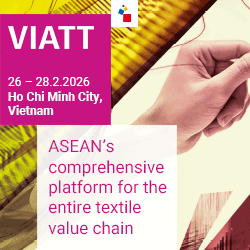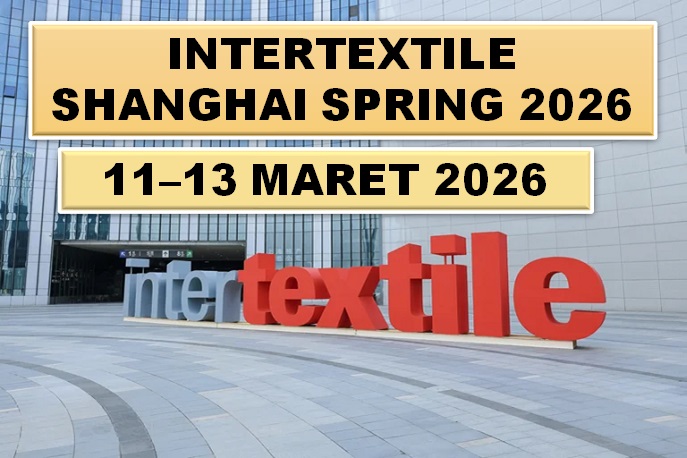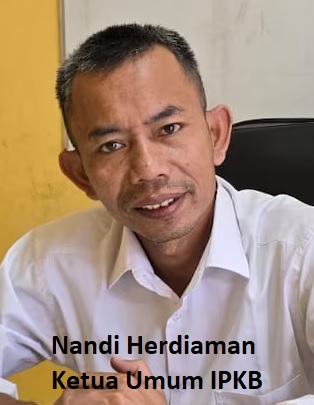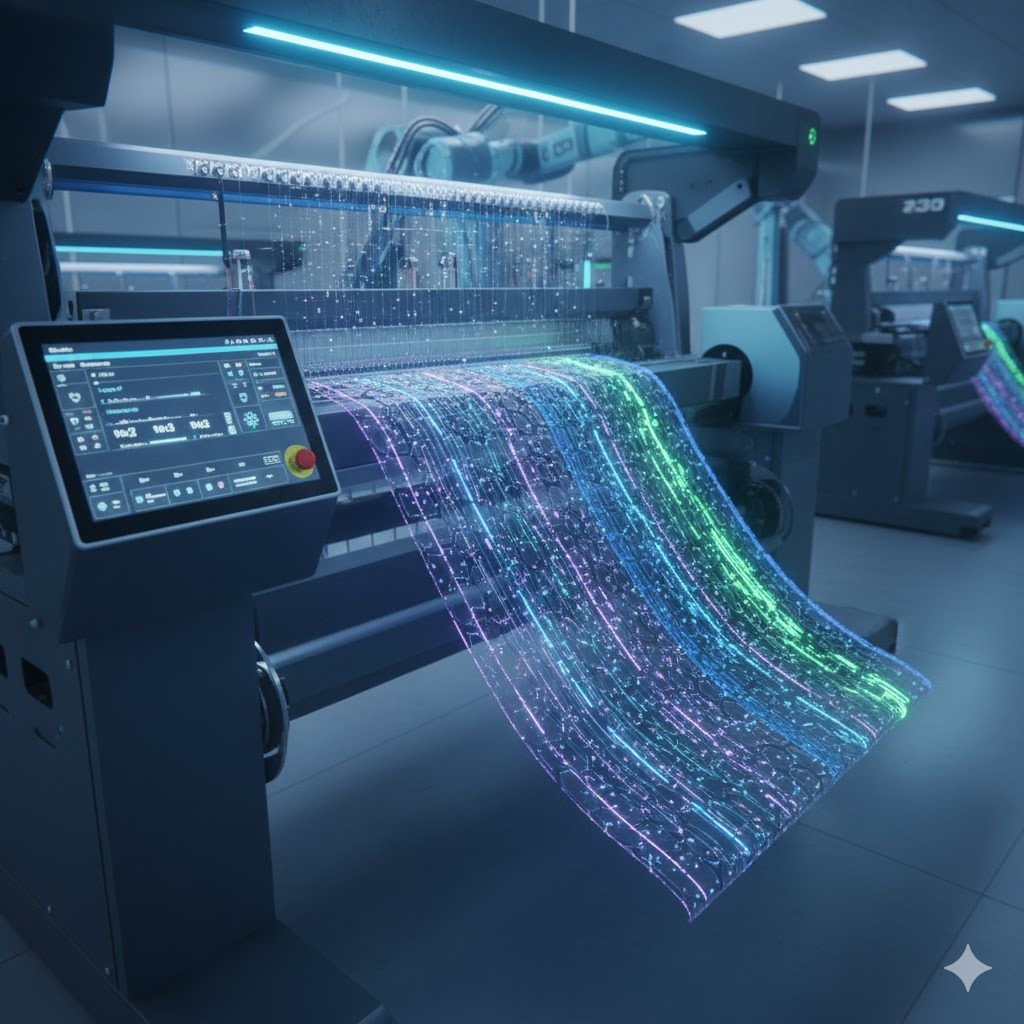Did you know that the clothing industry is the second largest contributor to waste in the world? Millions of trees are cut down every year to produce textiles, and tens of tons of textiles end up as waste that accumulates in Final Disposal Sites (TPA). And of the many used clothes that go into waste, only a quarter of them are recycled and donated. This pattern that is allowed to continue in the end contributes a large amount of carbon emissions to this earth. Concern about this issue then led Setali, a social company that focuses on dealing with the problem of fashion waste, to move to reduce the amount of carbon emissions generated by clothing waste in an interesting way.
Setali gives new life to rejected or unsold used clothing and textile waste by turning it into an inspiring creation.
The terms slow fashion and upcycle are the main principles that Setali brings in producing each of his creations. Besides aiming to treat clothing waste, Setali also seeks to improve the livelihoods of people who help in the production and processing of clothing waste. Everyone can contribute by donating their used clothes which can then be replaced by other recycled goods.
Andien Aisyah, one of the founders of Setali, said, "Every purchase of recycled products will be used to empower local craftsmen and the tailor community through training and various skill-building activities."
Inviting the Indonesian people to jointly realize the importance of this issue, Setali launched an exhibition entitled “Old Goods Resume Back” which took place at ASHTA District 8, supported by Bank Mandiri.
Still with a mission to give new life to used clothes, Setali also through this exhibition wants to share knowledge about waste recycling and upcycle activities to visitors.
Not only displaying a variety of recycled products, the “Old Goods Spring Back” exhibition also provides education through upcycling workshops, live upcycling, verification services, and a series of infographics.
As a form of realization of the Setali Collaboration pillar, there is also a choice of products from Setali's collaboration with several fashion, textile, and furniture brands. At this exhibition Setali displays a collection of furniture with Tejas that uses patchwork.
In addition, there is a choice of upcycle fashion creations in collaboration with several local brands such as Nonarara, Gaea Home, and Arte Wear. Visitors can also distribute used clothes which will be absorbed by Setali and Pable as another form of collaboration.
Taking place from 28 May to 26 June 2022, visitors can take part in reducing carbon emissions with Setali and ASHTA District 8. Setali believes that everyone can have a meaningful impact by implementing slow fashion, one of which is by donating and buying upcycle products or recycle.
The meaning of an outfit is more than just buying, but how each piece can blossom.









